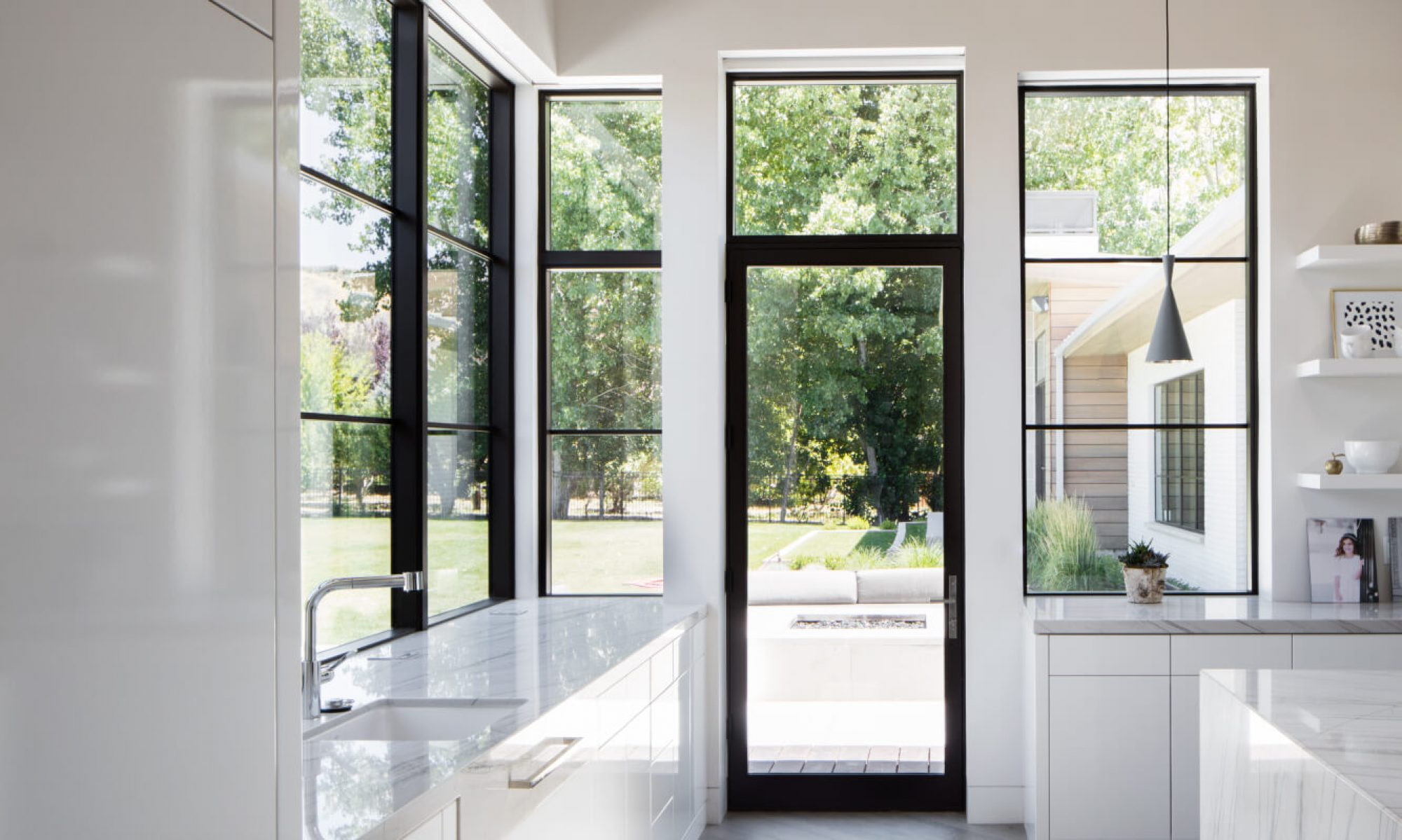Types of Windows and Doors
The type of windows and doors that you install in your home can make a big difference in how your home looks. It can also affect your heating and cooling costs. In this article, you'll learn about some of the most common types of windows and doors, and why you might want to choose them.
Wood frames
Wood is the preferred material for most window and door frames. It is a versatile and long-lasting material that can be used to create unique designs and finishes. In addition, wood is a renewable resource.
There are many options when it comes to wood, including stained and painted styles. Aside from its natural appeal, real wood also provides some of the most important properties, such as insulation, durability, and resistance to rust and moisture.
While most people don't realize it, real wood is also an excellent sound absorber. This means that your home will not be exposed to outside noise. And, of course, it helps keep your house cool in summer and warm in winter.
The best wood to use for your windows and doors is Accoya wood, which is a treated softwood grown from sustainable sources. Accoya also offers superior insulation and stability.
Another option is to go with vinyl, which is the material of choice for most homeowners. Vinyl is also energy efficient, so you will not have to worry about utility bills.
Composite frames
Composite frames are a new addition to the window frame market. These frames mimic the look of wood but offer much better energy efficiency and low maintenance. Choosing the best type of frame depends on personal preference and budget.
The material used to make composite frames is typically made of wood or plastics. Some are clad with aluminum and other materials. This helps keep the structure of the frame stable, and protects the wood. It also gives the frame a sleek, clean look.
The different types of composites include fiberglass, vinyl, and wood. Each has its advantages and disadvantages. While it is difficult to generalize the performance of these materials, the best options offer energy efficiency and durability.
Fiberglass is a great option for many reasons. First, it offers superior thermal resistance, which means it does not rot in wet climates. Secondly, it is recyclable. You can reuse it after your window is built. Lastly, it is more resistant to mold and fungus.
Low-e coatings
Low-e coatings are used on windows and doors to improve their energy efficiency. This reduces the amount of heat that enters the home from outside. It also decreases the amount of ultraviolet (UV) light. UV rays are harmful and cause fading in fabrics and furniture.
There are two kinds of Low-e coatings, passive and solar. Regardless of which type you choose, the Low-e coating will prevent infrared and ultraviolet radiation from entering your home.
In addition to limiting UV rays, the Low-e coating will deflect infrared rays and allow more natural light into the room. These coatings help maintain the temperature of your home, keeping it cooler in the summer and warmer in the winter.
If you live in a cold climate, Low-E coatings can be particularly beneficial. Since most of a window's heat loss occurs through the glass, a Low-E coating will keep this heat from leaving your home.
Another advantage of Low-E coatings is that they can help you save money on your utility bills. They help you keep the heat inside your home during winter heating periods.
Double-hung windows
Choosing the right windows and doors for your home involves many different factors. You'll want to consider your maintenance needs, the energy efficiency of your window, and the design of your house. Ultimately, you'll want to find a window and door that is best for your house and your budget.
When it comes to choosing between single-hung and double-hung windows, there are a few key differences. First, single-hung windows open only at the bottom, while double-hung windows open both the top and bottom of the window frame.
Double-hung windows have two operable sashes. The upper sash opens to allow air to pass through, while the lower sash slides open and closed. This makes them great for ventilation.
They offer a higher level of ventilation, which is ideal for homes that are located on upper floors. If you have small children, these windows are also a safer choice.
In addition, double-hung windows can be made from a variety of materials. Vinyl is a low-maintenance option, but wood is more expensive. Aluminum is also available, and the material is lightweight.

